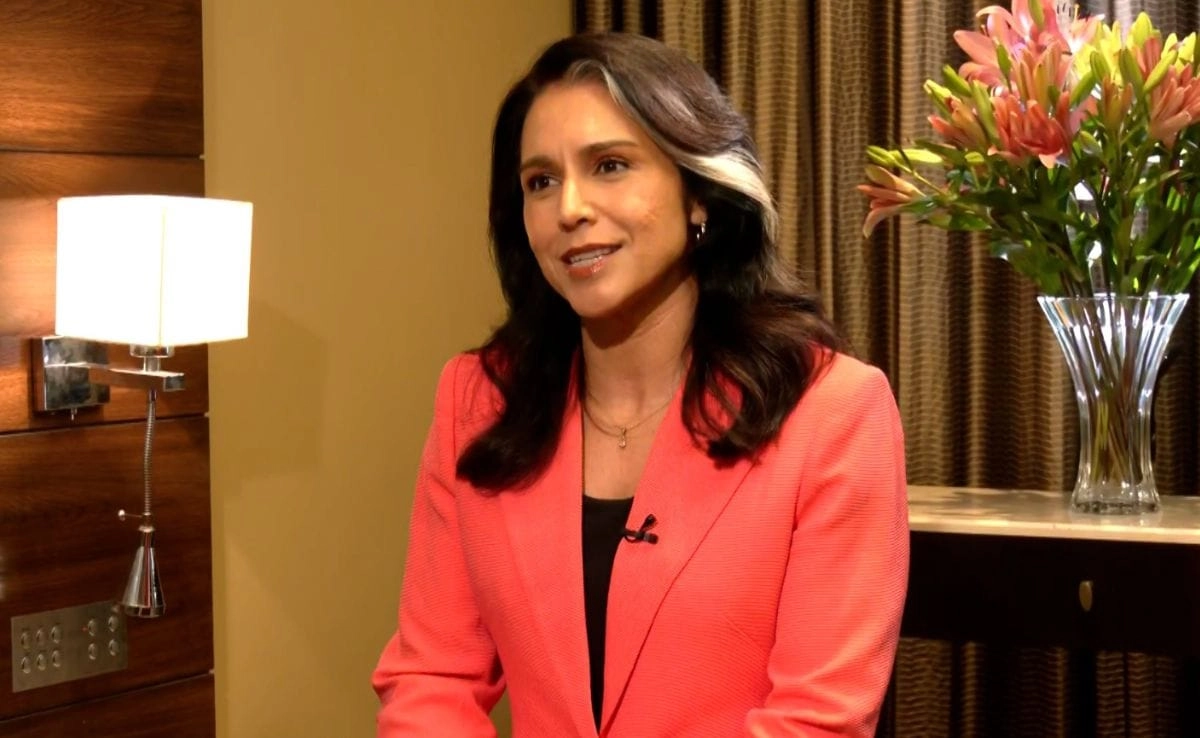The Pakistani government has recently clarified its position regarding the operations of its airspace, countering accusations that it has closed off its airspace to commercial flights. Officials have asserted that the airspace remains open and operational, and they argue that claims of closure are misrepresentations of the situation. This assertion is particularly significant in the context of rising tensions in the region, where air travel and military operations often intersect, leading to heightened scrutiny of airspace accessibility.
The government has indicated that the narratives surrounding airspace closure may be politically motivated, suggesting that some parties may be using civilian flights as a shield to further their agendas. By maintaining that their airspace is open, Pakistan aims to reassure not only its own citizens but also international travelers and airlines that their routes remain safe and accessible. This is crucial for the country’s economy, which relies heavily on tourism and international business, both of which depend on a functional and reliable aviation sector.
Furthermore, the government’s statement underscores the complexities involved in managing airspace amid geopolitical tensions. The balance between national security and the need for civilian air travel is delicate, and any miscommunication or misunderstanding can lead to significant disruptions. By openly addressing the issue, Pakistani authorities seek to mitigate fears and clarify misconceptions while ensuring that air travel continues without unnecessary hindrances.
In conclusion, Pakistan’s government emphasizes the importance of keeping its airspace open, framing the discourse around the use of civilian flights and the implications of any perceived closure. The situation highlights the intricate dynamics of airspace management, especially in regions marked by political sensitivities. As the country navigates these challenges, maintaining transparency will be vital in fostering trust with both domestic and international stakeholders involved in aviation.




